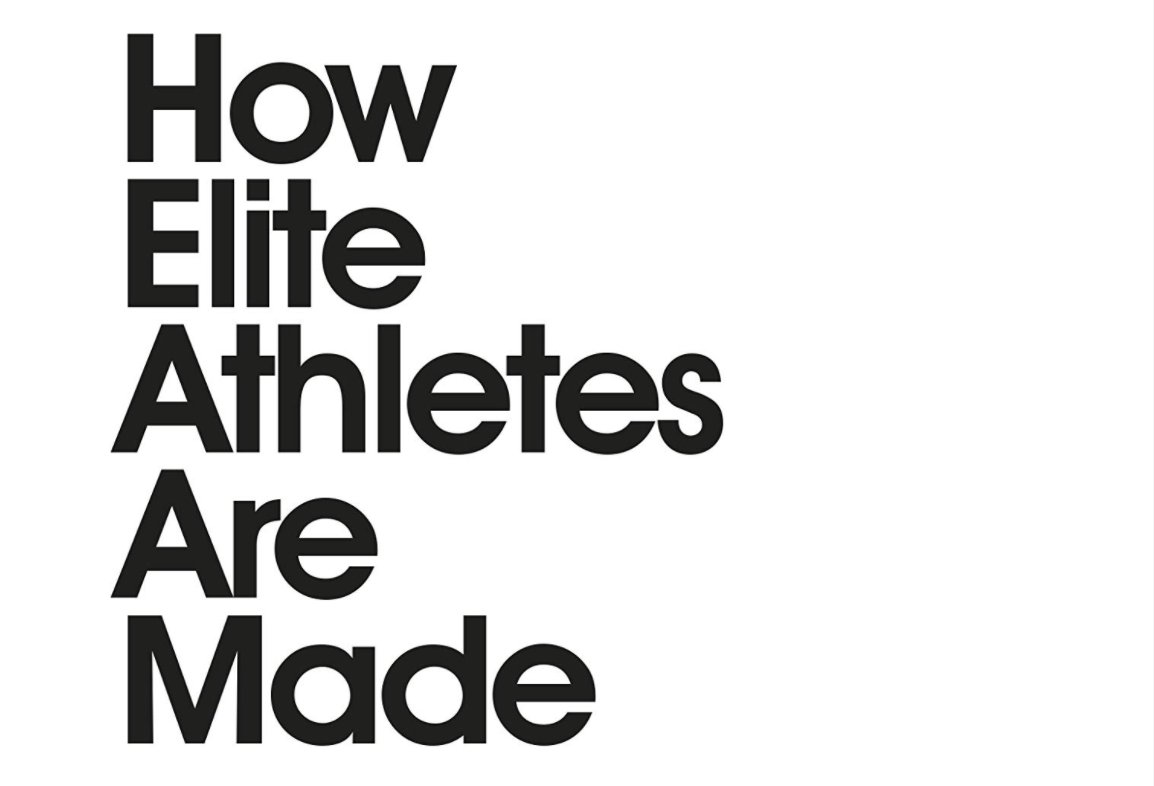
"Riding bikes give you a way of seeing & acting in our environment in creative ways. Always looking to progress and push skills & boundaries. Skateboarders will know this feeling too. You never see a city the same again" - perception @michaelthaber blog 👇
"In BMX there is a ever moving boundary of things that have been done. Not only by you, but by anyone. Once you know something has been done it opens possibilities [...] Just knowing someone has done something similar changes what you think can be done 👇
mikehaber.co/2020/11/21/bmx/
mikehaber.co/2020/11/21/bmx/
"...people employing security guards to do their job are thinking they are setting up governing constraints. But often these become enabling constraints, creating the pressure & opportunity to get things done" & "stuff gets done when security turn up" 👇
We could call 👇 "Myth, Ritual & the BMX World" - but it's more about "where complexity science shows up in real life, & how we can deliberately and intuitively approach problems with different methods to get the outcome we want" applied @snowded/#cynefin
Take an environment that rewards progression: "doing things you couldn’t do yesterday, doing things that no-one had considered doing at this place, doing things no one else had done, and doing things no one else had even thought of" 👇 #cynefin & coaching!
threadreaderapp.com/thread/1350157…
threadreaderapp.com/thread/1350157…
Key question #1 - How do those shown in the clips in the blog come to have dispositions & skills that lead them to perceive affordances as they do?
Key question #2: Does our answer to Q. #1 have implications for education, training & apprenticeships?
Key question #2: Does our answer to Q. #1 have implications for education, training & apprenticeships?
https://twitter.com/skillacq/status/1350418545121714176
• • •
Missing some Tweet in this thread? You can try to
force a refresh









